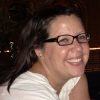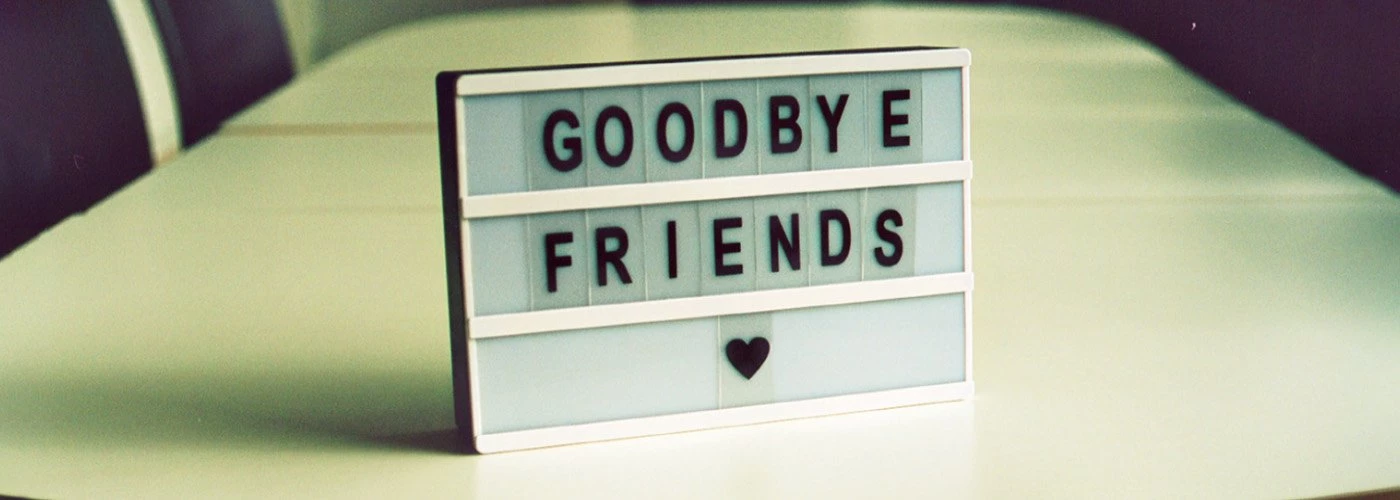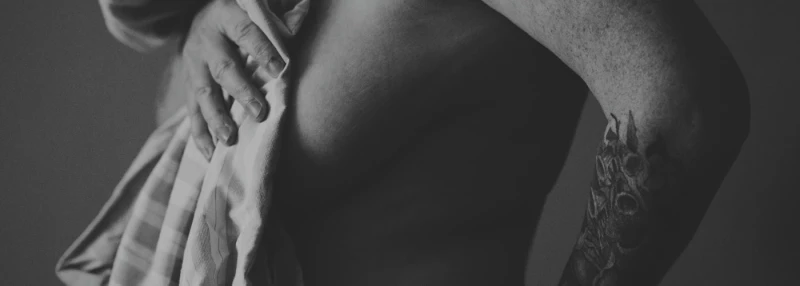If you have gone through cancer, know someone who has gone through cancer, or perhaps you just recently heard the words “you have cancer,” then you know that it changes your life immediately. And It changes your life whether you want it to or not. I think that is one of the hardest parts of the cancer journey to grasp. You are changed after diagnosis.
Now, you might be thinking, well duh! Of course cancer changes everything! Here’s the thing, at least what I have learned in my own cancer journey, denial can play a friend for any part of the journey you don’t want to face.
"The instruction book that I assumed came with a cancer diagnosis evidently got lost in the mail to me. So, when I was trying to figure out who I was after I lost both of my breasts to a bilateral mastectomy surgery and then lost my hair to chemo, I also had to figure out what happened with some of my friends."
For me personally, denial was my best friend in terms of me not wanting to face the fact that I was becoming someone completely different after I was diagnosed with breast cancer 9 years ago when I was 32 years old.
I knew that physically I would change. I knew I would have surgery and I knew that I would lose my hair. But I thought I would immediately bounce back and be the same old person I always was. I ran back to that girl as soon as I was done with active breast cancer treatment, only to find she was long gone. However, denial kept holding my hand and skipped down the path of make-believe with me as I tried to be the old me.
The words “new normal” were like swear words to me. I refused to say them for the longest time.
Cancer Changes Everything, Even Friends
Unfortunately, your breast cancer diagnosis can change those people around you as well. You’ve changed and are changing as you go through your journey. Your support network of family and friends has also changed. Your cancer diagnosis isn’t necessarily about them, but their lives have changed too as they heard your news. This means the relationships you have with these people will undoubtedly change. I am not saying this is good or bad. It just is.
The instruction book that I assumed came with a cancer diagnosis evidently got lost in the mail to me. So, when I was trying to figure out who I was after I lost both of my breasts to a bilateral mastectomy surgery and then lost my hair to chemo, I also had to figure out what happened with some of my friends. I will admit I had an amazing support team of family and friends. I was truly blessed with so many amazing people who stood by my side and wanted to help me.
However, during my journey and now after, some of the people I called friends are no longer part of my life.
Meet Others
Cleaning the Friendship House
I kept the more toxic friends at bay and didn’t share as much with these people. I stopped trying to make time for dinners or get-togethers. And I kind of felt like cancer was my way out of this type of friendship. Here’s the worst part – I didn’t even feel bad about it and I still don’t. Harsh? Yeah, probably, but so is cancer.
I’m here to tell you there is nothing wrong with that. I had to do a spring cleaning in the relationship department after I was trying to get my life on track. I stopped finding time for the friends that only wanted to use me for something. And I stopped finding time for the friends that only complained about anything and everything. I stopped finding time for the friends who said things to me like, “Why are you so worried about dating after breast cancer and what a prospective guy thinks about your cancer journey? You hardly dated before cancer, so what’s the difference?”
Then, of course, there is the opposite effect on relationships as well. Cancer can also push people away and change relationships even if we don’t want it to happen. Friends that we thought would be around no matter what suddenly stop calling. There are family members who just don’t want to deal with it, so they stop asking you how you are feeling. There are significant others that we thought were in it for better or worse, but it turns out those words had no meaning. This is going to happen too and it’s painful.
I tried to look at the people that strayed away from my life after I got sick as those that I really didn’t want around when all was said and done. They showed their true colors at my worst moment and they didn’t make the cut. This is way way way easier said than done. Trust me on that. Over time, I started to realize it was okay to let the relationships that didn’t work for me go and accept those that walked away from me.
Clearing Space for Better Things
Once I made my peace with both ends of the relationship spectrum that cancer attacks, I started to realize something else. I had made some new friends, friends I never would have connected with before cancer.
Some of my closest friends are people I met at support groups or was connected with as I got more involved in the breast cancer community. Quite a few of these people are those I have nothing other than cancer in common with so I wonder if we would have ever become friends? Would our paths ever have crossed?
"We change after we hear the diagnosis of cancer. Our relationships will too. Allow that process to happen or at least acknowledge it."
Cancer takes and takes and takes. It’s really good at that. Some of that is out of our control. Relationships play a huge role in our lives with or without cancer. When cancer comes calling, relationships is one of its key targets. We change after we hear the diagnosis of cancer. Our relationships will too. Allow that process to happen or at least acknowledge it. Some of this can and probably will be painful. However, it can also open up doors to new relationships we didn’t know could happen.
In my cancer journey, these are the ones I try to focus on more. There is so little good that happens with a cancer diagnosis that perhaps focusing on the renewed relationships with the people we already let into our lives and the new relationships that formed after cancer entered our lives is a good place to start.
 Dana was diagnosed with stage 1 ER + breast cancer in 2010 at the age of 32 years old. She volunteers with Young Survival Coalition as an Illinois State Leader and RISE Advocate. After diagnosis and treatment, survivorship was the toughest challenge in her cancer journey. A focus on life after cancer helped her to co-found The Dragonfly Angel Society – Cancer Survivorship, which is a non-profit that helps cancer survivors find survivorship resources that suit them and get on with the “now what” of their life after cancer.
Dana was diagnosed with stage 1 ER + breast cancer in 2010 at the age of 32 years old. She volunteers with Young Survival Coalition as an Illinois State Leader and RISE Advocate. After diagnosis and treatment, survivorship was the toughest challenge in her cancer journey. A focus on life after cancer helped her to co-found The Dragonfly Angel Society – Cancer Survivorship, which is a non-profit that helps cancer survivors find survivorship resources that suit them and get on with the “now what” of their life after cancer.




